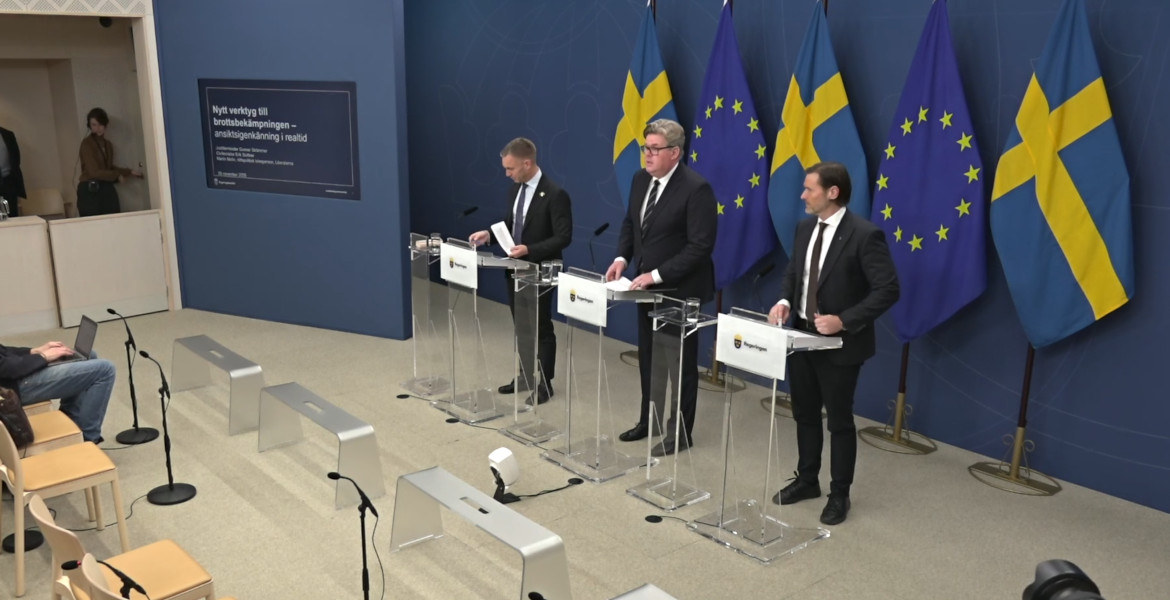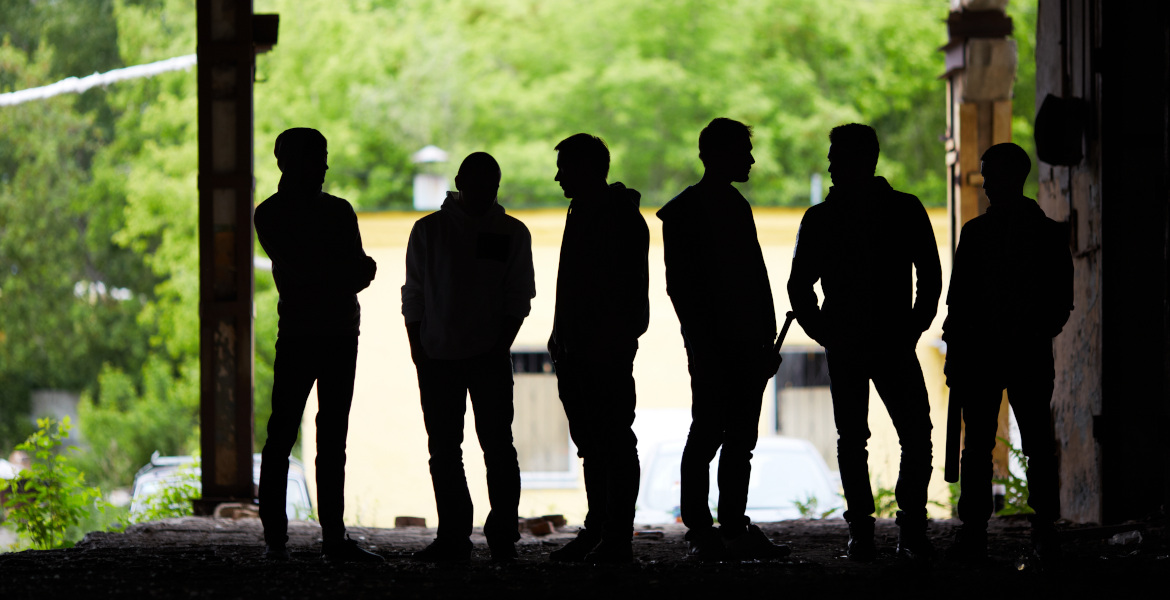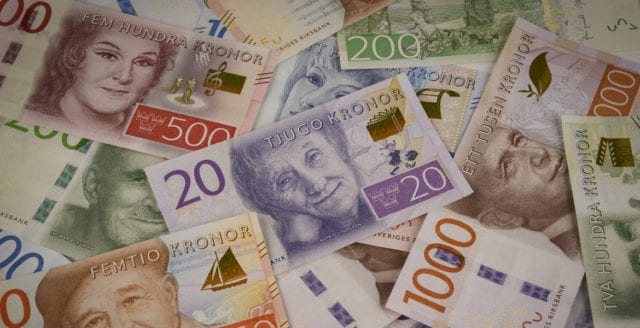MP Malcolm Momadou Jallow was severely criticised when he and several senior party colleagues posed with the flag of the terrorist group PKK during the Politicians' Week in Almedalen, Gotland, this summer. He has now been appointed chairman of the Swedish parliament's civil affairs committee.
It was in July 2022 that Left Party MPs Daniel Riazat, Lorena Delgado and Malcolm Momodou Jallow waved flags belonging to the Kurdish PKK, YPG and YPJ and declared that they reject the terrorist classification and give their wholehearted support to the organizations in question.
– We don't want the PKK to be in the terrorist list... These are organizations that are resistance movements, that have a democratic organization, a feminist organization, in a context where Turkey is a dictatorship, Lorena Delgado commented at the time.
The action was heavily criticised, including by then Minister of Justice Morgan Johansson (S), who called the flag-waving "unacceptable" and referred to the fact that the PKK had already been labelled a terrorist organization in 1984 by Olof Palme's government "on good grounds" - and that "the PKK has many innocent human lives on its conscience".
Internally, however, the action was praised, and Jallow is now awarded the weighty post of chairman of the Civil Affairs Committee - the Left Party's only chairmanship.

The party itself does not want to comment on Jallow's PKK sympathies, explaining only that he was the logical choice for the post.
"The Civil Affairs Committee deals with housing policy, which is an important area for us, with issues such as housing construction and market rents. When we got the chairmanship of the Civil Affairs Committee, it went to Malcolm Momodou Jallow because he is our spokesperson on housing policy and our regular member of the committee."
Liberal party secretary Gulan Avci, herself Kurdish and born in Turkey, has commented, saying that the Left Party is once again "lacking in judgement".
– I can state that the Liberals had not appointed a person who posed with an organisation that is labelled a terrorist organisation by Sweden and the EU. We know that the Left Party has always been against membership (in NATO). However, this is nothing that will affect the Swedish application. Sweden will become a full member of NATO, she promises.
The Kurdistan Workers' Party (PKK) is a militant Leninist-Marxist organisation founded in 1978 that has been waging a de facto guerrilla war against the Turkish state since 1984 with the stated aim of liberating the Kurds from Turkish oppression.
Originally the aim was to establish a sovereign Kurdish state in an area including south-eastern Turkey - but now it seeks instead to increase the rights and self-determination of Turkey's Kurdish minority.
Over the years, the PKK has carried out a large number of deadly attacks and assassinations - mainly against Turkish military and state targets, as well as Kurdish targets believed to be collaborating with the Turkish military. The conflict between the Turkish central government and the Kurds is estimated to have cost the lives of around 60 000 people.
Defenders of the PKK argue that the group is engaged in a war of liberation, that the terrorist label is unfair and must be lifted to achieve peace in the region. It has been declared a terrorist organisation by the US, the EU, Sweden and Turkey, among others.





